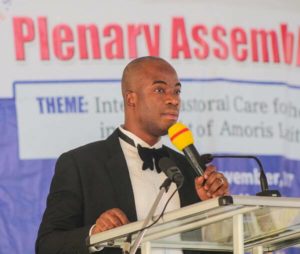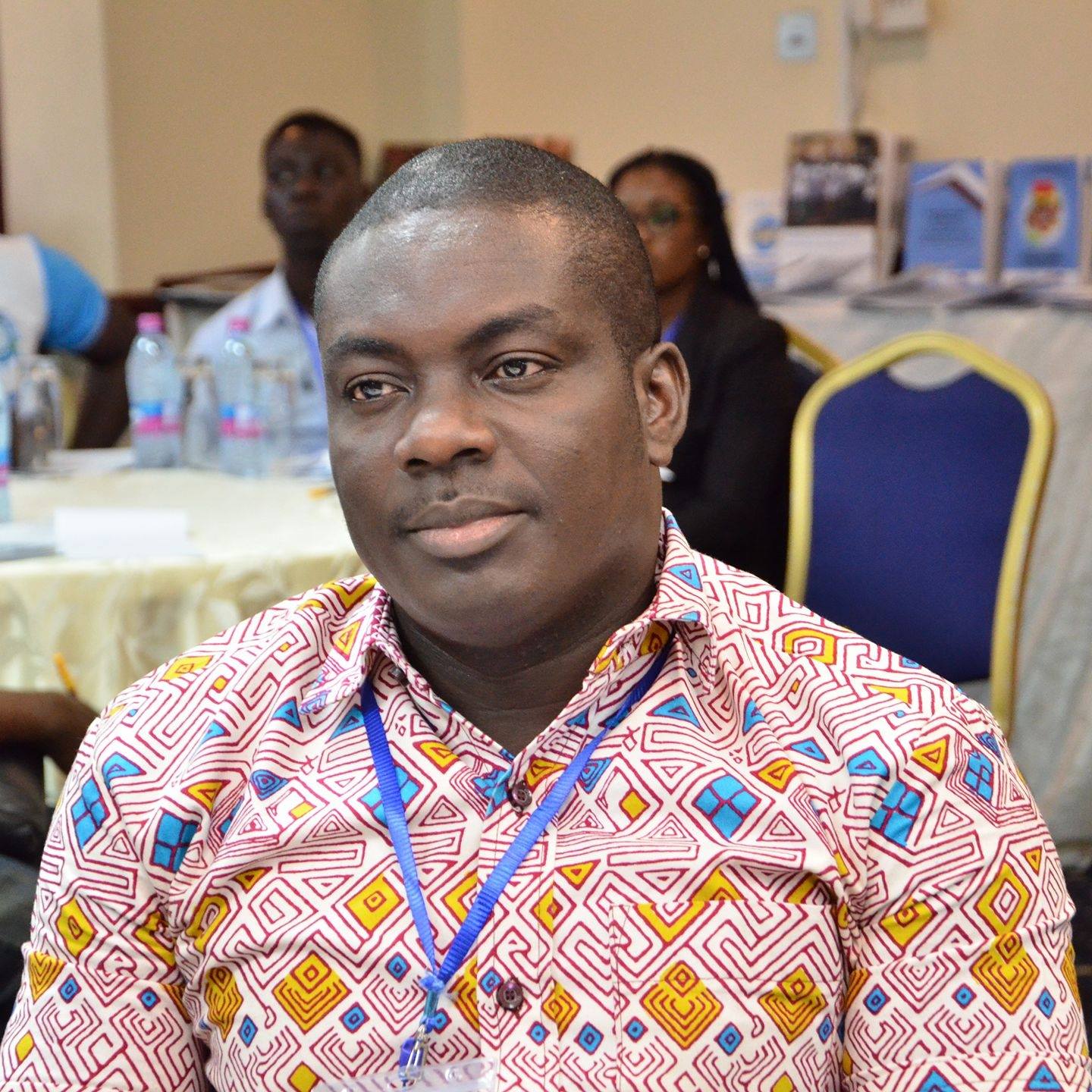Though women are making gentle and gradual strides in bridging the gender divide, those living with disabilities may have no other choice than to dream of the progress their able-bodied counterparts are making.
A U.N. report on the situation of women and girls with disabilities has stated that 19 per cent of women have a disability, 7 per cent higher than that of males. In addition, the report also indicated that girls are less likely to finish primary school than boys, if both are living with disabilities.
Patience Atikpoka Atuah, a journalist living with disability said for a female with disability, dropping out of school meant forced relationships and marriages that only seek to demean and worsen the plight of such women, advocating for education in order to bring such cycles to an end.
“Women generally have always been at the receiving end and for you to be disabled, it looks like a double punishment for you… First of all, you are a woman so it looks like you do not have rights and your family members will have to make decisions for you.”
Mr. Francis Ansong of disability focused organisation, Voice Ghana, who corroborated the presence of the phenomenon in the country mentioned that women continue to be at the bottom of the totem pole in the community.
He traced the issue back to the family setting where he pointed out that boys living with disabilities are prioritised over their female counterparts in accessing education.
Women are also less empowered in livelihood acquisition activities than their male counterparts as the report suggested that between 60-70 per cent of persons with disabilities (PWDs) have no literacy skills, with females forming between 55-60 per cent.
Voice Ghana, believes there is the need to promote activities of livelihood empowerment targeted towards women with disabilities through inclusion of women living with disabilities in leadership positions starting with the representation on the National Council for Persons with disabilities (NCPD) which currently has only 2 women out of a total of 14 members.
Supportive Housing
The absence of an effective housing system in the country for PWDs makes women on the streets fall prey to drug dealers, homeless men, pimps under the disguise of offering them protection, thus heightening the risk of sexual assault, human trafficking and violence in many forms.
Meanwhile, leader of the Paralegal group and Ho Municipal President of the Ghana Federation of the Disabled, Alex Akpo suggested a vigorous livelihood empowerment and skills training for the women and men alike in order to get them off the street.
Policy
There currently exists a limitation with the disability Act of 2006, ACT 715 which fails to address issues on housing for PWDS.
Elsewhere in the USA for instance, the Federal Fair Housing Act, a national law, prohibits housing-discrimination everywhere in the country on the basis of disability. The Fair Housing Act – as well as another national law, the Americans with Disabilities Act, outlaw disability-based discrimination in places of public accommodation, which includes, for example, emergency overnight shelters and social service facilities.
Though Ghana has signed on to heaps of international treaties on human rights, including the United Nations Convention on Rights of Persons with Disability (UNCRPD), the expectations of holistic implementations may be nothing short of a mirage.
The 2nd women’s manifesto for instance is demanding that government establishes community-based housing facilities to serve as temporary accommodation/shelters for needy and neglected women and girls with disabilities for eventual integration with their families or assisted to settle independently.

A Legal Practitioner, Andrews Dodzi Adugu said, “shelter is one of the basic needs of a human being. In formulating policies on housing, persons living with disability should be put into consideration. In affordable housing policy for instance there should be the need for a quota dedicated to persons with disability especially women.”
There may however be light at the end of the tunnel as Minister designate for Gender, Children and Social Protection, Cynthia Morrison is advocating for physical protection of the aged.
She indicated that her outfit will ensure the registration of vulnerable women (women living with disability and the aged) who will be sheltered, explaining that there is the need to create a safe haven for them.
By: Jemima Achivors/voltaonlinegh.com




